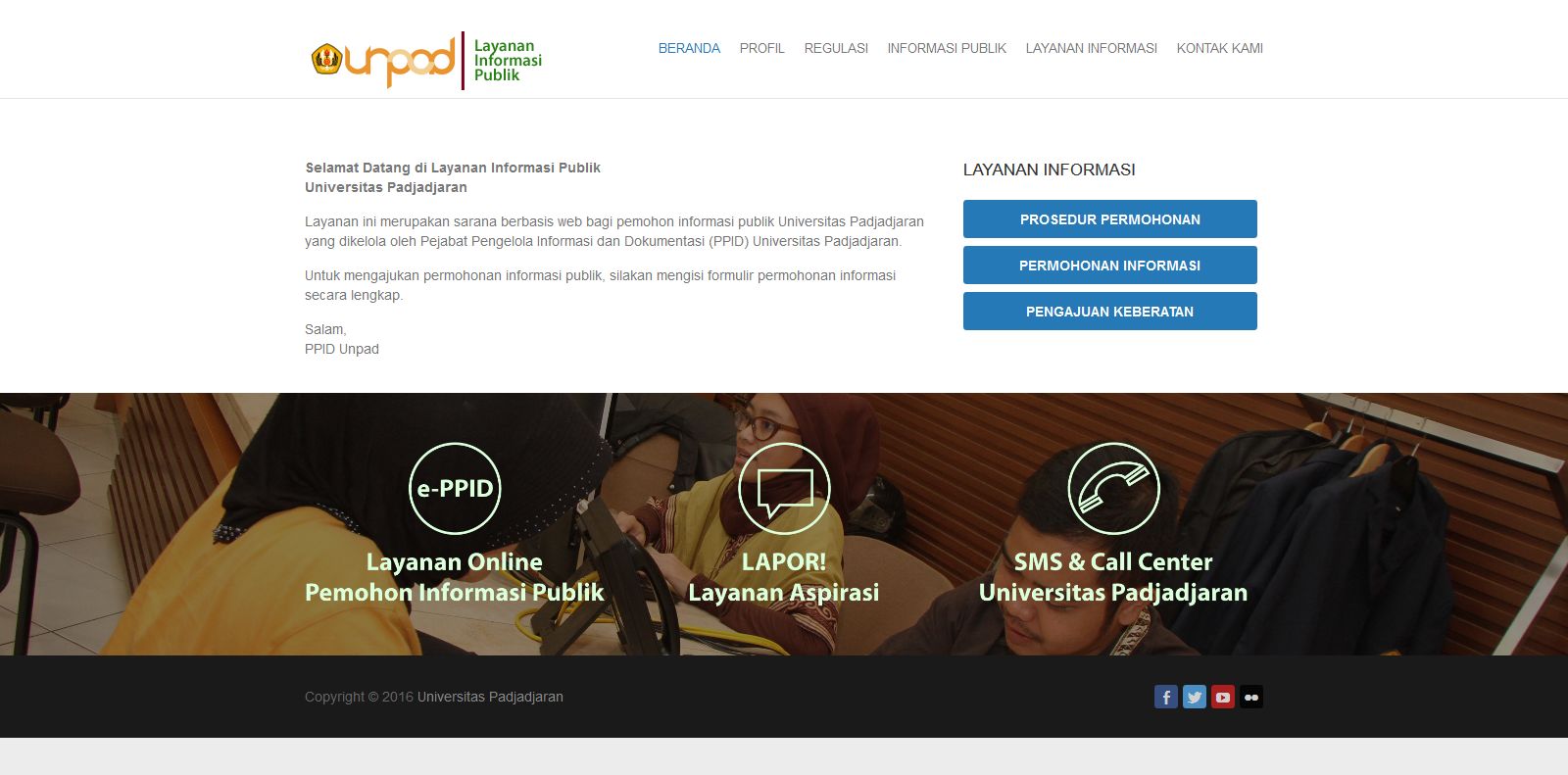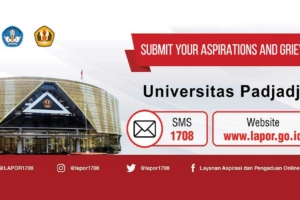[unpad.ac.id, 18/12/2017] Universitad Padjadjaran achieved an award from West Java Department of Research and Development (BP2D) in a program to improve research culture of university lecturers in West Java 2017. The award was given for research conducted by some lecturers from different science backgrounds in Desa Cibereum Wetan, Kecamatan Cimalaka, Sumedang.
The research was initiated by Rini Widyastuti, drh., M.Si., (Faculty of Animal Husbandry), Mas Rizky A.A. Syamsunarno, dr., PhD, (Faculty of Medicine), Deru R. Indika, MBA (Faculty of Economics and Business), Desi Yunita, M.Si. (Faculty of Social and Political Sciences), and Dr. Sc. Agr. Siti Darodjah Rasad, Ir., M.S., (Faculty of Animal Husbandry). Started from research grant scheme given by West Java BP2D, Rini and the team did a research related to enhancement of dairy goat production in Cibereum Wetan village through the penetration of spermatozoa sexing technology which bears X chromosome.
Interviewed in Campus Test Lab of Unpad Faculty of Animal Husbandry, Thursday (14/12), Rini explained, there are three groups of goat breeder managed traditionally in Cibereum Wetan Village. To increase milk production, it needs pretty much goat sires. One of efforts to increase female goats is to multiply the birth of female from each parent.
“Until now, the ratio of goat birth is 50% male and 50% female. We activate X chromosome sexing technology so that we get more female babies. The production is expected to increase, so is the milk,” explained Rini.
Sexing technology is a process of planning child sex from one parent by separating X- and Y- chromosome in spermatozoa. Applying the result of the research done in laboratory, the application process is not directly conducted inside the uterus, but through an artificial insemination.
Further, she synchronized fertile days of each goat with estrus synchronization method. Rini said, goat sperm conducted sexing is inserted to the uterus which is prepared for pregnancy.
The research had been conducted for 9 months. Rini said, the result of the research cannot be directly seen now, bit can be seen in a long term.
With the technology applied, even villagers could accept it well. It turned out that the village had both potency and problem. As a village located in sand mining area, health and society problem became Rini and team’s concern to conduct a research in other fields.
Some goats had respiratory problem because of pollution from mining activity. Moreover, the goat was also susceptible with mastitis disease causing its not good milk quality.
For society side, Rini explained, the spread of skin diseases caused by zoonosis from goat to human was prone to happen. Therefore, each member of the team later submitted an extension research scheme to support some of those issues.
Evaluated
After the research had been conducted for 9 months, Rini and team evaluated. The result of evaluation was sent to BP2D later as the report of grant scheme given. The result is that Unpad team managed to get first winner. The team also got an award in best poster category.
Rini explained, the application of sexing technology needs to be escorted and educated more complex. Specifically in Cibereum Wetan village, education done in the society was about how to be aware of zoonosis disease caused by goats.
From the result of evaluation, Rini and team proposed the development of agro techno tourism area in the village. This proposal was based on strategic potential, from nature conditions, agriculture, and accessibility which Desa Cibereum Wetan has.



